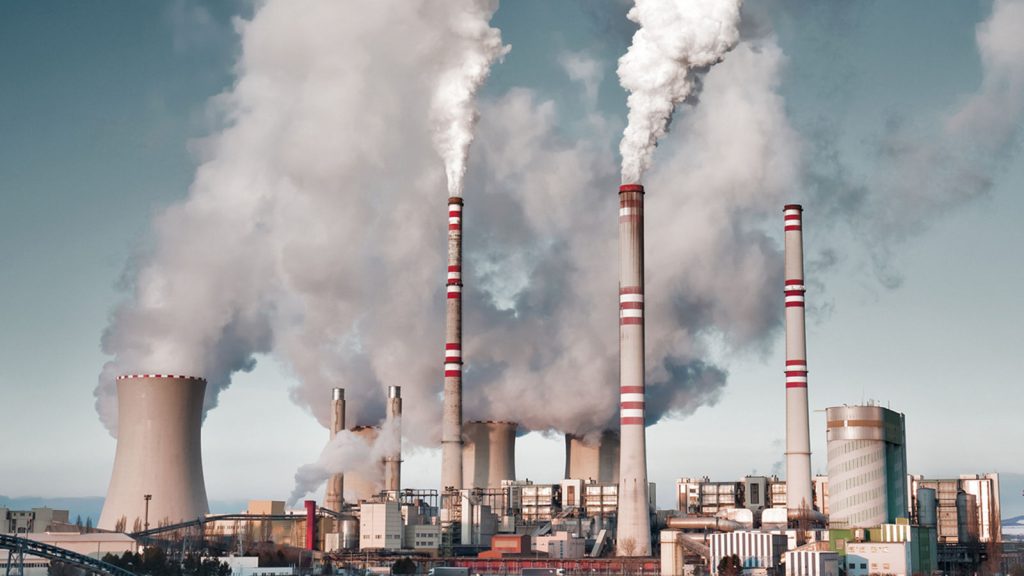Tanzania’s government aims to raise a staggering USD 1 billion through carbon trading this year. Speaking in parliament on February 9, Minister of State, Office of the Vice President (Union and Environment) Hon. Selemani Jafo announced that 39 carbon projects have already been registered with the government, while 12 have received the green light to proceed. But amid the optimism, questions linger: is this a sustainable path, and will the benefits reach all corners of the country?
The minister also highlighted some early successes in reaping the benefits of carbon trading. Tanganyika District Council is expected to receive Sh. 14 billion (USD 6.1 million), while Mbulu and Kiteto District Councils have already secured Sh. 4.8 billion (USD 2.1 million). These funds represent direct financial gains for local communities, potentially bolstering economic development and conservation efforts.
Read Related: Carbon Trading Symphony: Tanzania and UAE Dance Towards Green Prosperity.
“This ambitious revenue target reflects Tanzania’s significant potential in the carbon market. The country boasts vast forests crucial in absorbing carbon dioxide from the atmosphere. Additionally, initiatives like REDD+ (Reducing Emissions from Deforestation and Forest Degradation) have emerged as viable avenues for generating carbon credits, which can be sold on international markets”.
Questions Linger
Firstly, can Tanzania realistically achieve this billion-dollar goal? While the 39 registered projects represent a positive step, translating them into actual revenue requires several hurdles. Project development, verification, and certification are lengthy and complex processes, susceptible to delays and unforeseen roadblocks. Additionally, the global carbon market remains volatile while growing, with carbon credit prices fluctuating based on various factors.
Secondly, how transparent and equitable will this windfall be distributed? Minister Jafo highlighted recent gains for some local councils, like Tanganyika’s expected Sh. 14 billion. However, ensuring fair and transparent distribution across all participating communities and stakeholders is crucial. Concerns exist regarding potential elite capture and unequal benefit-sharing, particularly for marginalized groups within project areas.
Thirdly, are environmental safeguards adequately implemented? If done poorly, carbon trading can become a greenwashing exercise, offering companies an “offset” without addressing their emissions. Tanzania must uphold robust environmental standards, prioritizing genuine emission reduction alongside project development.
February 2023 saw a bold move by the Tanzania Forest Services (TFS), as they inked a deal with Dubai-based Blue Carbon, promising a staggering $450 million investment in African carbon markets. The agreement sets its sights on eight million hectares of forest, including precious mangroves, to capitalize on the burgeoning carbon trading industry.
However, amidst the government’s enthusiasm and private sector excitement, whispers of doubt and concern resonate from various corners. The integrity of such schemes, the future of communities residing within project areas, and the potential encroachment on development rights for Tanzanians are key issues under scrutiny.
For example, in Dec 2023, the government signed a deal to see the company have projects in six national parks spanning 1.8 million hectares. The national parks include Burigi-Chato, Katavi Plains, Ugalla River, Mkomazi, Gombe Stream, and Mahale Mountains.
Community Concerns
The eight million hectares earmarked for the project encompass diverse communities dependent on these lands for their livelihoods. The Memorandum of Understanding (MoU) raises valid questions about their informed consent, potential displacement, and equitable benefit-sharing. Will they see tangible improvements in their lives, or will the promised riches bypass them altogether?
For example, in their 2023 report titled Green Colonialism 2.0: Tree Plantations and Carbon Offsets in Africa, a US-based environmental think-tank Oakland Institute, warns that thanks to carbon markets projects implemented in Africa, communities have become the targets of “carbon cowboys.”
“These unscrupulous actors frequently coerce local groups into signing opaque and exploitative deals, seizing their carbon and land rights for periods that can last over 100 years,” notes the group in its report.
At the investment forum held on November 16, 2023, Tanzania Minister of Natural Resources, Hon. Angela Kairuki, said that Tanzania will seek win-win business situations in carbon trading and will not allow the country to be tricked by intermediaries.
Minister Jafo’s announcement paints a rosy picture, but a closer look reveals a path fraught with potential pitfalls. Tanzania’s carbon trading ambitions can be a boon for the economy and environment, but only if transparency, equity, and environmental integrity are prioritized throughout the process. Only then can the nation capitalize on this opportunity while securing a sustainable future.
While Tanzania’s carbon trading aspirations hold promise, achieving the billion-dollar target and ensuring its positive impact require addressing key concerns regarding transparency, equity, and environmental safeguards. Only by navigating these challenges effectively can Tanzania unlock the true potential of carbon trading for its people and the planet.
Catch up on more Climate Change insights from Salvius Evarister here.


Great article and I must say these are concerns are quite relevant. I see great potential in applications of blockchain empowered innovations to tackle the mentioned obstacles. Question is how open will our government be towards such adoptions.